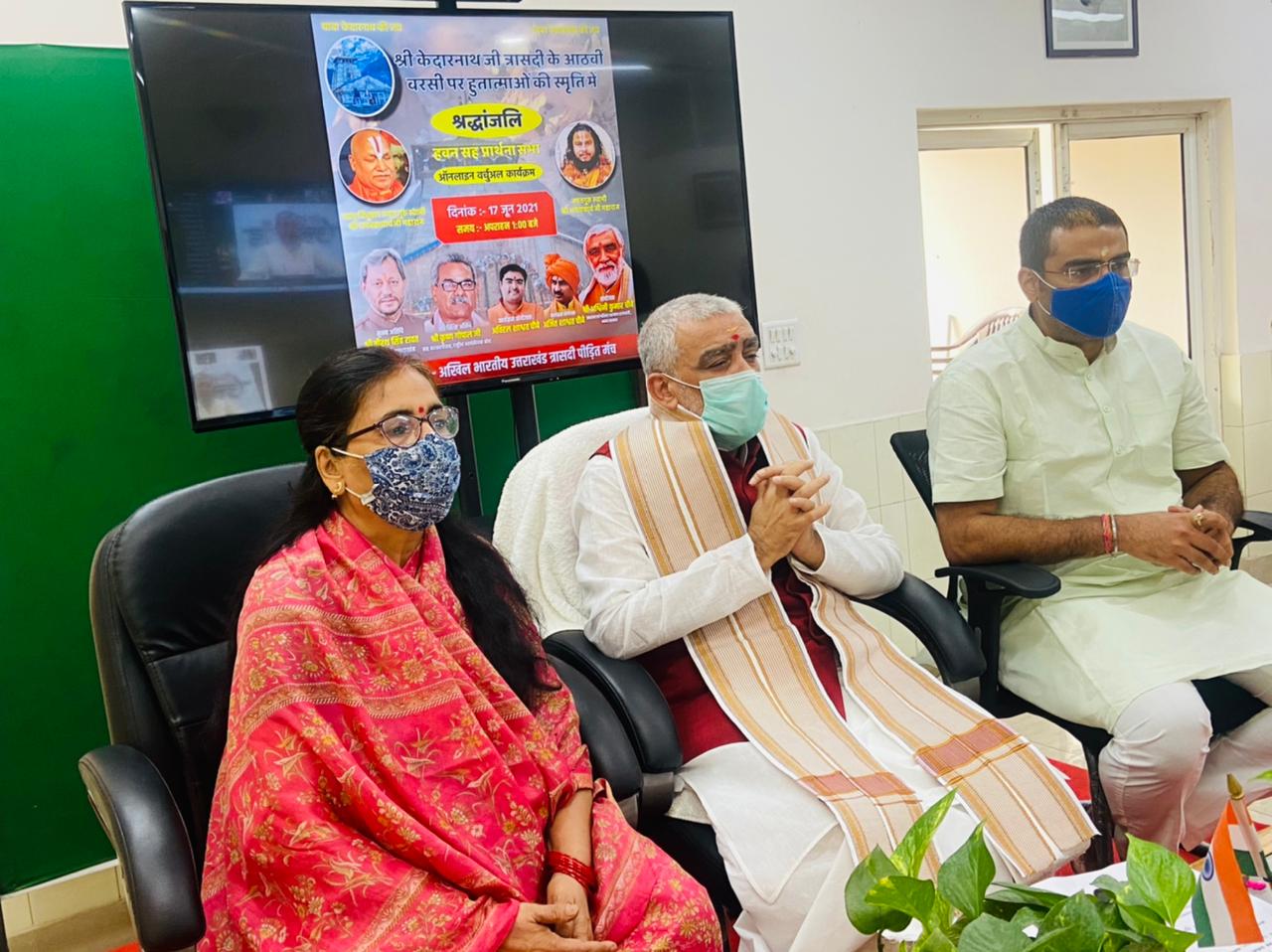German vaccine maker CureVac said Wednesday that interim data from late-stage testing of its coronavirus shot show a comparatively low effectiveness in protecting people against COVID-19.
On Wednesday the results appeared to be a significant setback for CureVac’s efforts to develop a coronavirus vaccine, and the company’s stock value tumbled in after-hours trading.
Vaccines with an efficacy above 50% are worth using, though many of those already approved have a far higher rate, said the World Health Organization. The broad range of variants found among the coronavirus cases reviewed on the trial hampered the study, said CureVac, however the final results may still change.
The trial was conducted on 40,000 participants in Latin America but not all data from these trials have been assessed yet, the company said interim results show the vaccine has an efficacy of 47% against COVID-19 disease of any severity. This did not meet what the company said were its “pre-specified statistical success criteria,” though it didn’t state what those were.
The company said it has sent the data to the European Medicines Agency, which is conducting a rolling revue of the vaccine.
“While we were hoping for a stronger interim outcome, we recognise that demonstrating high efficacy in this unprecedented broad diversity of variants is challenging,” its chief executive, Franz-Werner Haas, was quoted as saying. Haas said CureVac would continue to work on a final analysis and “the overall vaccine efficacy may change”.
CureVac said, “The study is continuing to the final analysis and the totality of the data will be assessed for the most appropriate regulatory pathway.”
German officials, earlier this month indicated that there could be delays in approval for the CureVac shot, which uses mRNA technology similar to that employed in the authorized vaccines made by BioNTech-Pfizer and Moderna.
Haas, the chief executive, said the large number of variants CureVac encountered in its trial — with only a single case of COVID-19 attributable to the original variant — “underlines the importance of developing next-generation vaccines as new virus variants continue to emerge”











